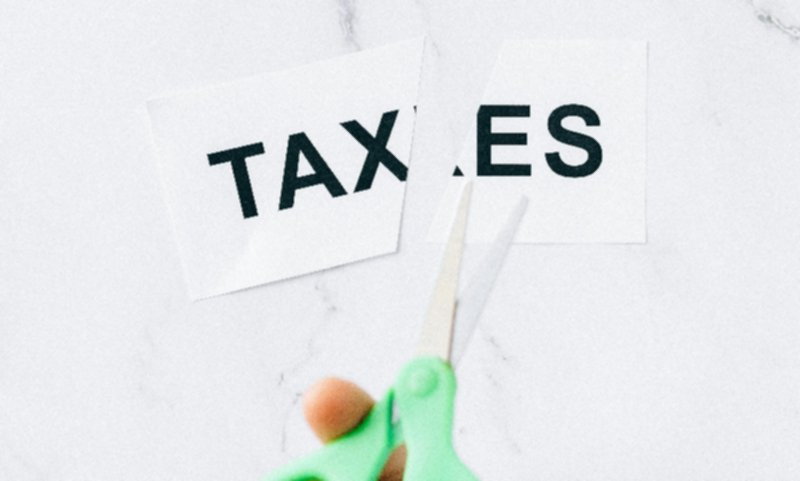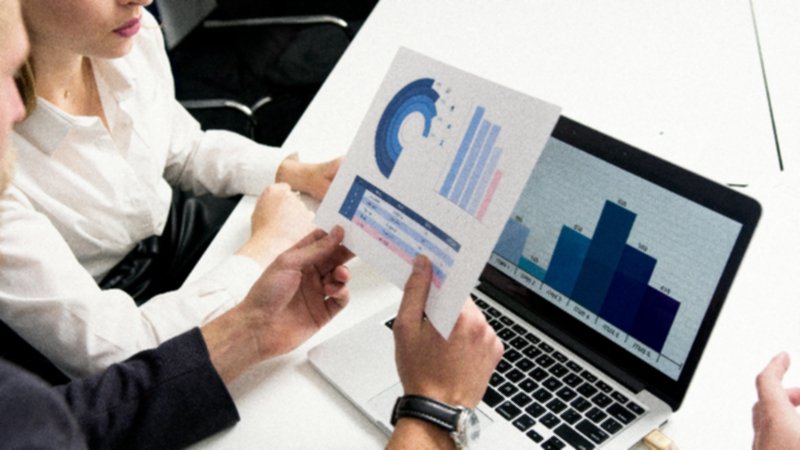10 Self Assessment Allowable Expenses You’re Probably Missing
And How They Could Save You £1,000s on Your Tax Bill
HMRC reports that over £1.3 billion in valid expenses go unclaimed each year by self-assessment taxpayers. The average sole trader could save £1,200-£3,400 annually by correctly claiming all allowable expenses.
What Are Allowable Expenses?
Allowable expenses are costs you incur wholly and exclusively for business purposes. These can be deducted from your business income before calculating your tax liability, reducing your overall tax bill.
- Must be incurred solely for business purposes
- Must not include private portions (unless they can be reasonably apportioned)
- Capital expenses are treated differently (capital allowances)
- You must keep records and receipts for all claims
Commonly Missed Allowable Expenses
Here are 10 frequently overlooked expenses that could save you significant money:
Home Office Costs Potential savings: £200-£600/year
If you work from home, you can claim a proportion of your household costs:
- Simplified method: £6/week (no records needed) or
- Detailed method: Proportion of rent/mortgage interest, council tax, utilities, insurance based on rooms and usage
Example: If you use 1 room as an office in a 5-room house for 40 hours/week, you could claim 20% of your household bills.
Use of Home as Office Potential savings: £100-£300/year
Beyond utilities, don’t forget these often missed claims:
- Cleaning costs for your office space
- Repairs and maintenance specific to your workspace
- Business proportion of broadband (based on usage)
- Replacement lightbulbs, furniture, and decorations for your office
Professional Subscriptions Potential savings: £100-£800/year
Costs of professional memberships directly related to your business:
- Trade body memberships (e.g., Federation of Small Businesses)
- Professional journals and magazines
- Trade union subscriptions
- Professional indemnity insurance
Important: The subscription must be relevant to your business – check HMRC’s approved list.
Training and Development Potential savings: £200-£2,000/year
Costs of updating existing skills and knowledge (but not completely new skills):
- Short courses to update existing expertise
- Industry conference attendance
- Relevant books and educational materials
- Online learning subscriptions (e.g., LinkedIn Learning, if used for business)
Capital Allowances Potential savings: £500-£5,000/year
Claiming for business equipment through Annual Investment Allowance (AIA):
- Computers, laptops, and tablets
- Office furniture and equipment
- Tools and machinery
- Vehicles used for business (different rules apply)
Current AIA: £1 million allowance per year for most business equipment.
Business Mileage Potential savings: £300-£2,000/year
If you use your personal vehicle for business trips, you can claim:
- Simplified method: 45p per mile for first 10,000 miles, then 25p per mile (cars)
- Actual costs method: Proportion of fuel, insurance, repairs, etc. based on business use
- Parking fees, tolls, and congestion charges for business trips
Note: You cannot claim for regular commuting to a permanent workplace.
Client Entertainment Potential savings: £100-£1,000/year
While staff entertainment is allowable, client entertainment rules are tricky:
- Staff entertainment: Fully allowable (e.g., Christmas party up to £150/head)
- Client entertainment: Generally not allowable except in specific circumstances
- Business lunches with clients may be claimable if discussing specific business
Many taxpayers mistakenly claim all entertainment or miss valid staff entertainment claims.
Phone and Internet Costs Potential savings: £100-£500/year
If you use personal devices for business, you can claim the business portion:
- Business percentage of your mobile phone contract
- Cost of business calls on your landline
- Business use of home broadband (based on usage analysis)
- Separate business phone line (100% claimable)
Bank Charges and Interest Potential savings: £50-£400/year
Often overlooked financial costs:
- Business bank account fees
- Credit card charges on business purchases
- Interest on business loans and overdrafts
- Transaction fees on business payments
Clothing Expenses Potential savings: £100-£600/year
Specialist clothing required for your business:
- Uniforms with company logo
- Protective clothing needed for work (safety boots, hi-vis, etc.)
- Costumes for actors or entertainers
- Cleaning and repair of work clothing
Note: Conventional clothing (even if worn for work) is not claimable.
Expense Comparison Table
| Expense Category | Commonly Claimed | Often Missed | Potential Savings |
|---|---|---|---|
| Home Office Costs | Rent, utilities portion | Cleaning, repairs, broadband allocation | £200-£600 |
| Professional Costs | Main professional subscriptions | Journals, insurance, minor memberships | £100-£800 |
| Training | Major courses | Books, online courses, conference fees | £200-£2,000 |
| Travel | Vehicle mileage | Parking, tolls, public transport for business | £300-£2,000 |
| Equipment | Computers, large equipment | Software subscriptions, small tools | £500-£5,000 |
How to Calculate Your Potential Savings
Example Calculation for a Basic Rate Taxpayer:
Total additional expenses identified: £3,200
Tax saving: £3,200 × 20% = £640
Class 4 NICs saving: £3,200 × 9% = £288
Total saving: £928
Example Calculation for a Higher Rate Taxpayer:
Total additional expenses identified: £4,700
Tax saving: £4,700 × 40% = £1,880
Class 4 NICs saving: £4,700 × 9% = £423
Total saving: £2,303
Record Keeping Requirements
HMRC requires you to keep records for 6 years:
- Receipts for all expenses over £10 (electronic or paper)
- Mileage logs for business travel
- Home office calculations
- Bank statements showing business transactions
- Invoices for capital equipment purchases
Common Mistakes to Avoid
| Mistake | Consequence | Solution |
|---|---|---|
| Claiming private expenses | Penalties and interest on underpaid tax | Accurately apportion mixed-use expenses |
| Poor record keeping | Disallowed claims during investigation | Implement a system for tracking expenses |
| Not claiming capital allowances | Missing out on significant tax relief | Identify all business equipment purchases |
| Overlooking simplified claims | Missing out on easy claims | Use flat rate claims where appropriate |
| Claiming client entertainment | Disallowed expenses and potential penalties | Understand the rules for entertainment |
Need Help With Your Self Assessment Expenses?
Our tax specialists can review your expenses and ensure you’re claiming everything you’re entitled to, potentially saving you thousands.
Get Self Assessment Help

